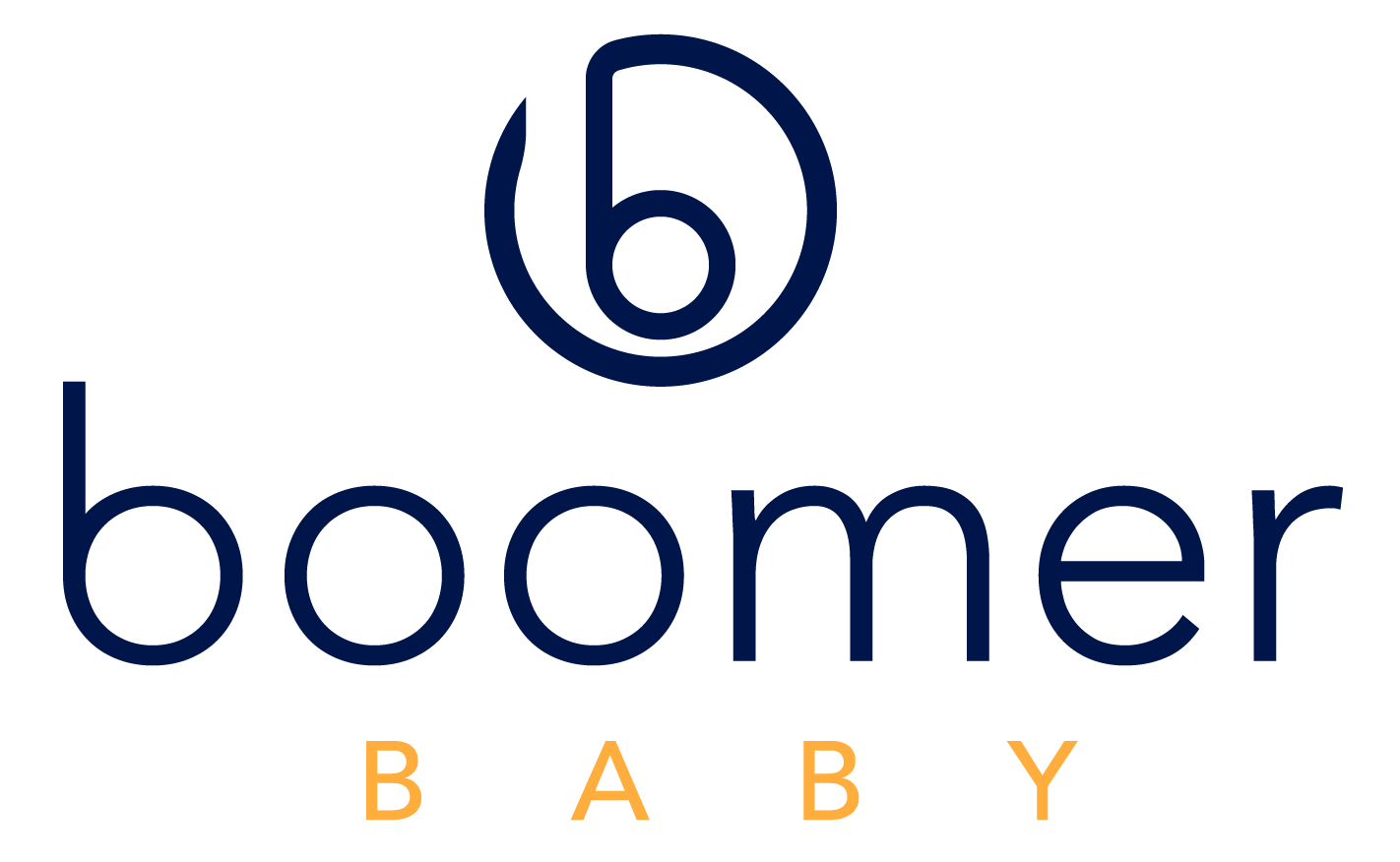
What if a Medication is Not Covered by your Part D Plan?
Revised on June 5, 2023
Medicare Part D is a prescription drug insurance plan for people with Medicare provided through private insurance companies that contract with the federal government. Eligible individuals can choose to enroll in either a stand-alone prescription drug plan (PDP) or a Medicare Advantage plan that provides Part D prescription drug coverage (MAPD).
Every Part D plan has a list of covered drugs called a formulary. Although all Part D plans are required to cover a wide range of drugs, their plan formularies can and do differ, and not all medications are covered under every plan. Plans also have the option to change the formulary at any time, even in the middle of a plan year. We know how important it is to have access to the medications you need, so it can be concerning to find out that your prescription may not be covered by your Medicare plan.
If you find that the medication prescribed by your doctor isn’t covered by your plan, one option is to ask your provider if there’s a different medication that is. Your doctor may be able to prescribe a generic version that is just as effective and affordable. It’s important to communicate with your doctor about any concerns you may have regarding your medication, including cost, as they can help you find the best option.
If an alternative isn’t an option, and you need a medication that is not on your plan’s formulary, you can ask your insurer to cover the medication by submitting a “formulary exception request”. A formulary exception should be requested to obtain a prescription that is not included on the plan’s formulary. It can also be requested if the drug your doctor prescribed is on the formulary but is subject to restrictions such as a quantity or dosage limit that your doctor believes should not apply to you. An enrollee, an enrollee’s prescriber, or an enrollee’s legal representative may request a formulary exception. However, your provider is your ally on this and has an important role in the process so it may be best they initiate the request on your behalf.
Exceptions requests are granted when a plan sponsor determines that a requested drug is medically necessary for an enrollee so an enrollee’s prescriber must submit a statement to the plan sponsor supporting the request. The most common reasons a provider requests an exception on a patient’s behalf are:
- That the non-formulary drug is medically necessary for treating an enrollee’s condition
- Other covered drugs listed on the plan’s formulary are not, or would not be as effective
- Other covered drug on the plan’s formulary do have or would have adverse effects
- The number of doses under a dose restriction has been, or is likely to be less effective
When a Medicare plan sponsor receives a prescriber’s supporting statement, it must provide written notice of its decision within 24 hours for expedited requests or 72 hours for standard requests. The initial notice may be provided verbally if a written follow-up notice is mailed to the enrollee within 3 calendar days of the verbal notification.
If the plan sponsor’s coverage determination is unfavorable, the decision will contain the information needed to file a request for redetermination with the plan sponsor.
The formulary exception process can be intimidating, but it’s available to help individuals receive the medication they need. It’s essential to explore all options when it comes to medication coverage, including communicating with your doctor about alternatives, exploring different Part D plans during Medicare’s Annual Enrollment Period, which runs October 15 – December 7 every year, and applying for a formulary exception if necessary. By doing so, individuals can find the best-fit insurance plan based on their needs and possibly help reduce their prescription costs.
